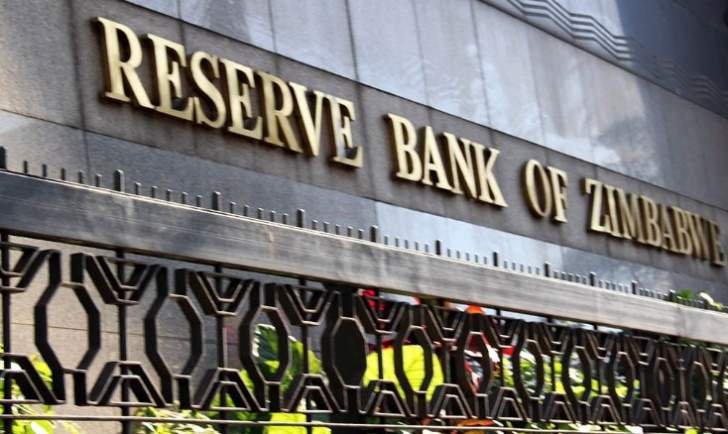CAIRO, Aug 5 (Reuters) – Egypt’s stock market and currency slid on Monday, hit by a global equity sell-off and regional political tension and concerns about government finances, bankers and analysts said.
Foreign investors sold Egyptian pound treasury bills and converted the proceeds to dollars to move to safer havens, the analysts and bankers said.
“Global markets are currently repricing sharply on speculation around deeper than expected Fed rate cuts and rising geopolitical risk in the Middle East, but frontier markets like Egypt are showing relative resilience, despite being somewhat affected,” said Farouk Soussa of Goldman Sachs.
The benchmark stock exchange EGX30 indicator dropped by 2.33% to 27,841, while the Egyptian pound weakened by one percent to 49.20 to one dollar.
More than $1 billion changed hands in the interbank foreign exchange market as banks sought to provide dollars to investors seeking to pull funds out of Egypt, one banker said.
“I think it is not more than 10% that has left,” a second banker said of outflows from Egyptian treasuries.
The IMF package involved a steep devaluation in the Egyptian pound’s exchange rate and a pledge to let it move freely against other currencies.
“The economy still faces significant challenges and is just starting the rebalancing process,” said Monica Malik of Abu Dhabi’s ADCB.
Stock markets in the Gulf tracked Asian shares lower on Monday on fears that the United States could be heading for recession as concerns heightened that missile exchanges between Israel, Iran and Hezbollah risked a possible widening of conflict in the region.
“The global sell-off is also resulting in a reallocation of capital into safe-haven assets,” Malik added.
James Swanston of Capital Economics said the recent large capital inflows made Egypt more vulnerable to a sell-off.
“If anything, the positive is that the weakness of the pound today is reflective of officials allowing the currency to be free floating and not intervening.”
Sign up here.
Reporting by Patrick Werr; Editing by Kirsten Donovan
Our Standards: The Thomson Reuters Trust Principles.







